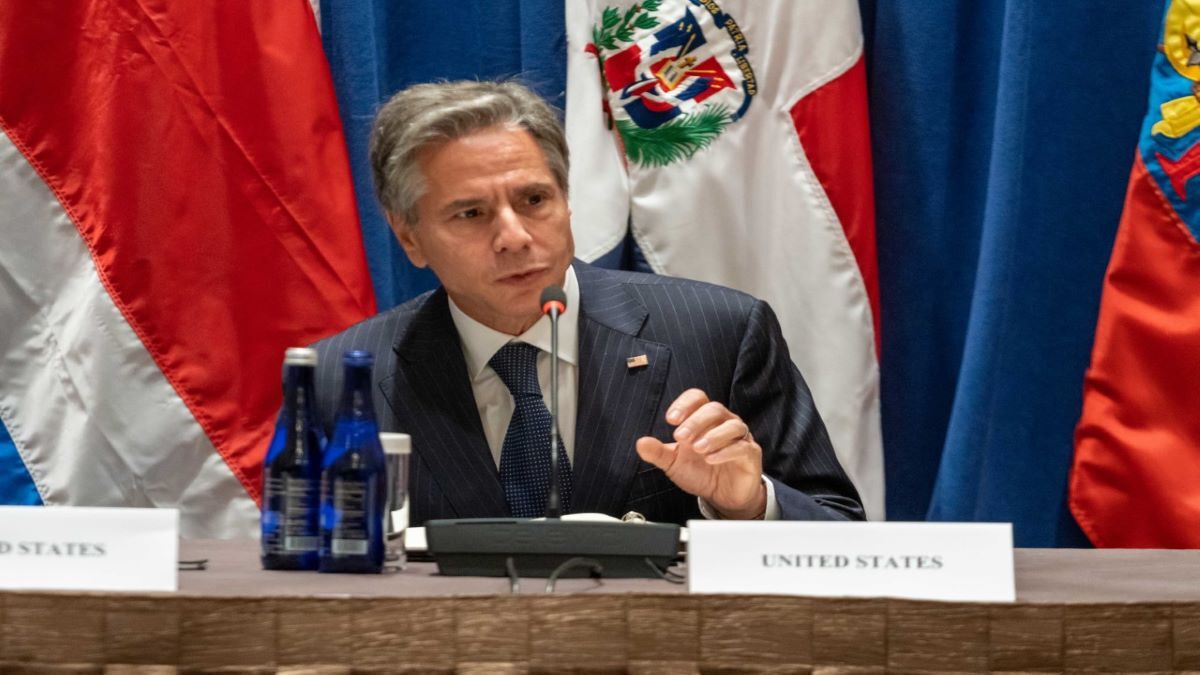Secretary of State Antony Blinken announced that on June 21, the United States will bid to play host to an international expo in Minnesota in 2027.
The U.S. will present its bid to the 179 member states of the Bureau International des Expositions (BIE) in Paris, Blinken announced in a June 12 press statement. Blinken called Minnesota "the ideal choice" to host an international event expected to attract 14 million visits, stating the "proposed U.S. site is 'expo ready' with world-class and environmentally sustainable infrastructure, and easily accessible by nearby Minneapolis-St. Paul International Airport."
The U.S. bid, “Healthy People, Healthy Planet – Wellness and Wellbeing for All,” aims to foster global discussions on healthcare, green technology and agriculture while providing business and tourism opportunities, according to the press release. Blinken said the theme "has never been more timely," and will unite the global community around supporting international health and protecting the planet.
The Expo 2027 Minnesota USA website provides estimates on visitors and revenue of an international expo. With more than 13 million projected attendees, the expo would directly benefit local and national businesses, and drive economic growth and job creation. Estimates predict nearly 90% of the expo's attendees will be non-U.S. residents visiting the Minneapolis-St. Paul (MSP) metropolitan area and who are expected to spend an average of 12 days in the United States visiting both the expo and other parts of the country. This influx of visitors is anticipated to result in a total of nearly 3 million visitor days in the United States, injecting approximately $700 million in new spending, according to estimates.
World Expo 2027 could create more than 33,000 jobs, both full-time and part-time, across the U.S. if Minnesota is selected, including an estimated 17,000 jobs in Minnesota, according to the Expo 2027 website.
Additionally, the expo is projected to generate tax revenue to support state, local, and federal governments. Approximately $103 in tax receipts could be collected per non-resident visitor, according to estimates, with $50 of that amount designated for state and local authorities to help fund government initiatives and services.
The BIE, initially formed by 31 countries in 1928, has expanded its reach and currently consists of 179 Member States, according to its website. As the overseeing and regulatory body for international expositions, the intergovernmental organization ensures the success and appeal of non-commercial international exhibitions lasting more than three weeks, the website states. If the June 21 vote is for Minnesota, this would be the first expo in the United States in nearly 40 years.
“Americans are ready to welcome the world to a 2027 Expo in Minnesota. Next week the member states at @bieparis will vote on our bid to host the Expo —we are eager to bring the world together in Minnesota to create solutions for the health of all people and our planet,” Blinken said in a tweet on June 12.





